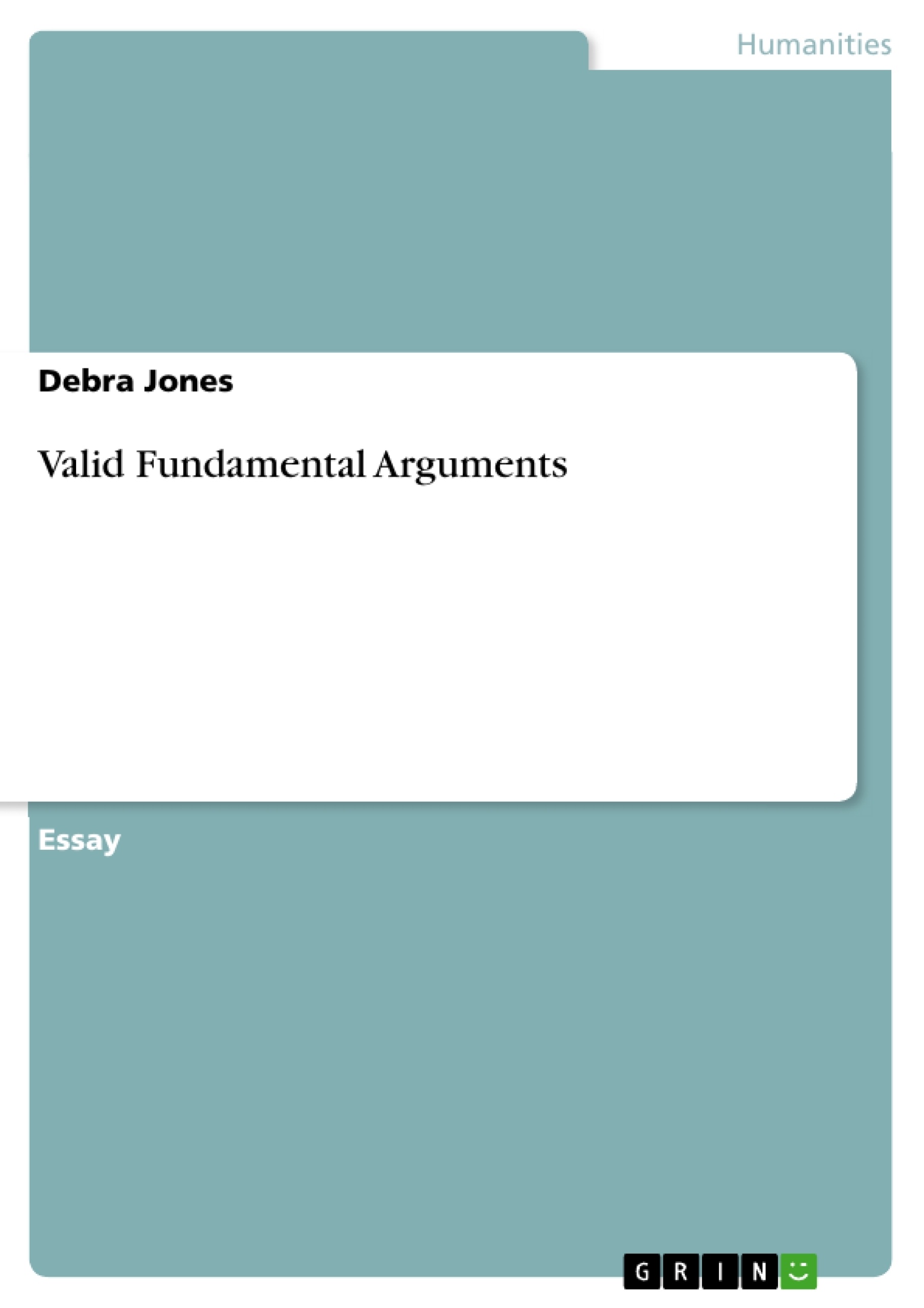If all knowledge is empirical, all knowledge must be subject to the same constraints strict empiricism is. Despite the limitless times a man might have seen an object fall due to gravity, he cannot predict if the next object will fall. Empiricism can never govern future events, but only interpret past events and hope the future acts similarly.
I leave apriori discussions to another time when I say the following. If time and space are known through empiricism, as relations arising between sensible objects or as elements in themselves, then they can never be predicted as well. An empiricist must say “time has hitherto now been one dimension,” not “time is one dimension.” An empiricist who disallows apriori knowledge or forms must also admit “space has hitherto now been three dimensions,” not “space is three dimensions.” There are neither mathematical certainties, nor any of any other kind.
Inhaltsverzeichnis (Table of Contents)
- Valid Fundamental Arguments
- Knowledge, Theoretical
- If all knowledge is empirical, all knowledge must be subject to the same constraints strict empiricism is.
- I will not continue the endless debate of apriori existences, but I will rehash the endingof the debate of apriori knowledge.
- To propose that innate truths are found once men come to the use of reason (hence idiots or children are unaware of them) is an invalid argument.
- After disproving that "what is, is" is innate, who would believe that something much less consented to, right and wrong, is innate?
- Since apriori knowledge does not exist, everything must exist after sensation. All our knowledge is founded in sensation.
- How can we be sure our sensations yield truth?
- The senses are the only means of possible truth, but they themselves cannot be proven.
- Happiness is an emotion, and every action is for the sake of happiness, so we can conclude that all decisions are made for the sake of emotion.
- Since we cannot know truth (permitting the possibility of one exception, "existence exists"), everything is equally valid and equally invalid if I choose to state something as true.
- Humans, assuming that humans can act, necessarily believe in a "good" although "good" cannot be proven to exist.
- Regressing back to the example of the painted walls, there now is a way to decide which colour is more correct.
- Knowledge, Theoretical
Zielsetzung und Themenschwerpunkte (Objectives and Key Themes)
This text aims to critically examine the foundations of knowledge and the role of sensation in our understanding of the world. It challenges the existence of a priori knowledge and argues that all knowledge originates from sensory experience.
- The limitations of empiricism and the problem of induction
- The nature and validity of sensory experience
- The role of reason and rationality in decision-making
- The pursuit of happiness as the driving force behind human action
- The concept of "good" and its relation to individual perception and happiness
Zusammenfassung der Kapitel (Chapter Summaries)
- This chapter argues that all knowledge is empirical and therefore subject to the limitations of empiricism. It explores the difficulties in predicting future events based solely on past experiences and challenges the existence of a priori knowledge.
- This chapter examines the question of whether our sensations can be trusted as a source of truth. It highlights the ways in which our senses can deceive us and explores the limitations of sensory experience in providing accurate knowledge of the world.
- This chapter delves into the nature of human action and decision-making. It argues that all actions are motivated by the pursuit of happiness and that emotions are the primary driving force behind our choices. It also explores the role of reason and rationality in the process of pursuing happiness.
- This chapter discusses the implications of the argument that we cannot know truth. It explores the idea that, given the limitations of our knowledge, all claims are equally valid and invalid, and challenges the traditional concepts of truth and falsehood.
- This chapter examines the concept of "good" and argues that humans act in pursuit of a good that cannot be proven to exist. It discusses the relationship between "good," happiness, and individual perception and challenges the idea that "good" is inherently linked to pleasure.
- This chapter builds on the previous argument concerning the validity of sensory experience and suggests that the perception of color, for example, is ultimately determined by individual preference and the pursuit of happiness.
Schlüsselwörter (Keywords)
Key terms and concepts explored in this text include empiricism, a priori knowledge, sensation, reason, rationality, happiness, good, truth, falsehood, and individual perception.
Frequently Asked Questions
What is the central argument regarding knowledge in this text?
The text argues that all knowledge is empirical and originates from sensory experience, challenging the existence of a priori knowledge.
How does the author view the limitations of empiricism?
The author states that empiricism cannot govern or predict future events; it can only interpret past events and hope the future acts similarly.
What role does happiness play in human action according to the text?
It concludes that every action is for the sake of happiness, meaning all decisions are ultimately driven by emotion.
Does the author believe we can know the truth?
The text suggests that we cannot know truth (with the possible exception of "existence exists"), making all claims equally valid or invalid.
How is the concept of "good" addressed?
The author argues that while humans believe in a "good," it cannot be proven to exist and is linked to individual perception and happiness.
- Quote paper
- Debra Jones (Author), 2010, Valid Fundamental Arguments, Munich, GRIN Verlag, https://www.grin.com/document/164571



